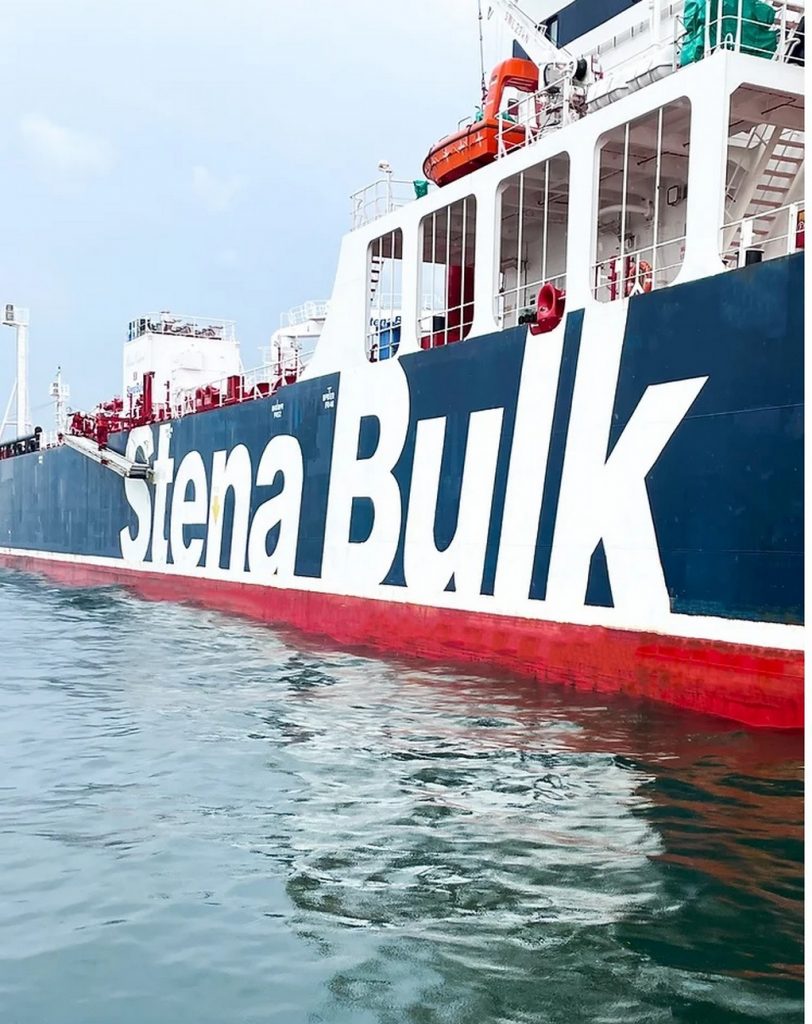Building upon the success of the Stena Germanica in 2015, Lloyd’s Register (LR) and Stena Lines will work together on a project to retrofit two fast roll-on/roll-off (RoRo) vessels with methanol propulsion.
The conversion will see the Stena Superfast VII and Stena Superfast VIII Ro-Ro ferries, which operate on the Scotland to Northern Ireland route between Cairnryan and Belfast, converted to methanol dual-fuel propulsion with the vessels transferring class to LR.
As part of the project, the retrofit process will convert two out of the four main engines in each vessel to run on methanol alongside MGO (Marine Gas Oil). The ship’s bunkering, storage, fuel supply and supporting systems will also be adapted for methanol.
The LR-classed Stena Germanica is the only retrofitted methanol vessel in service and will provide valuable experience for the project to convert Stena Superfast VII and Stena Superfast VIII.
Methanol for Passenger Ships report shows that methanol is an increasingly technically viable for shipowners, however Infrastructure and investment need to be prioritised for widespread adoption. LR has also built upon its expertise with projects such as the partnership with Danish methanol-as-marine-fuel consultancy Green Marine focusing on seafarer training for methanol handling and approval in principle for NACKS methanol-fuelled 81,000 DWT bulk carrier.
Tags: Ferries, LR, Methanol, Stena



Recent Posts
Egypt Advances Maritime Decarbonisation with National Action Plan Backed by IMO
Fuelre4m unveils VIRDIS: A predictive AI breakthrough in global fuel distribution, powered by Five9nes
EXMAR Launches First Ammonia-Fueled Gas Carrier at HD Hyundai Mipo
Japan-Backed Green Hydrogen Centre Planned for Uttar Pradesh
JSW Group Outlines Major Push into Commercial and Heavy Electric Vehicles
Lloyd’s Register Grants Approval in Principle for KSOE’s Multi-Fuel Newcastlemax Bulk Carrier Design
Eureka Shipping Deploys HVO-Ready Cement Carrier Tamarack for Great Lakes Operations
Terntank Places Repeat Order for VentoFoil Wind Propulsion Units on Methanol-Ready Hybrid Tankers